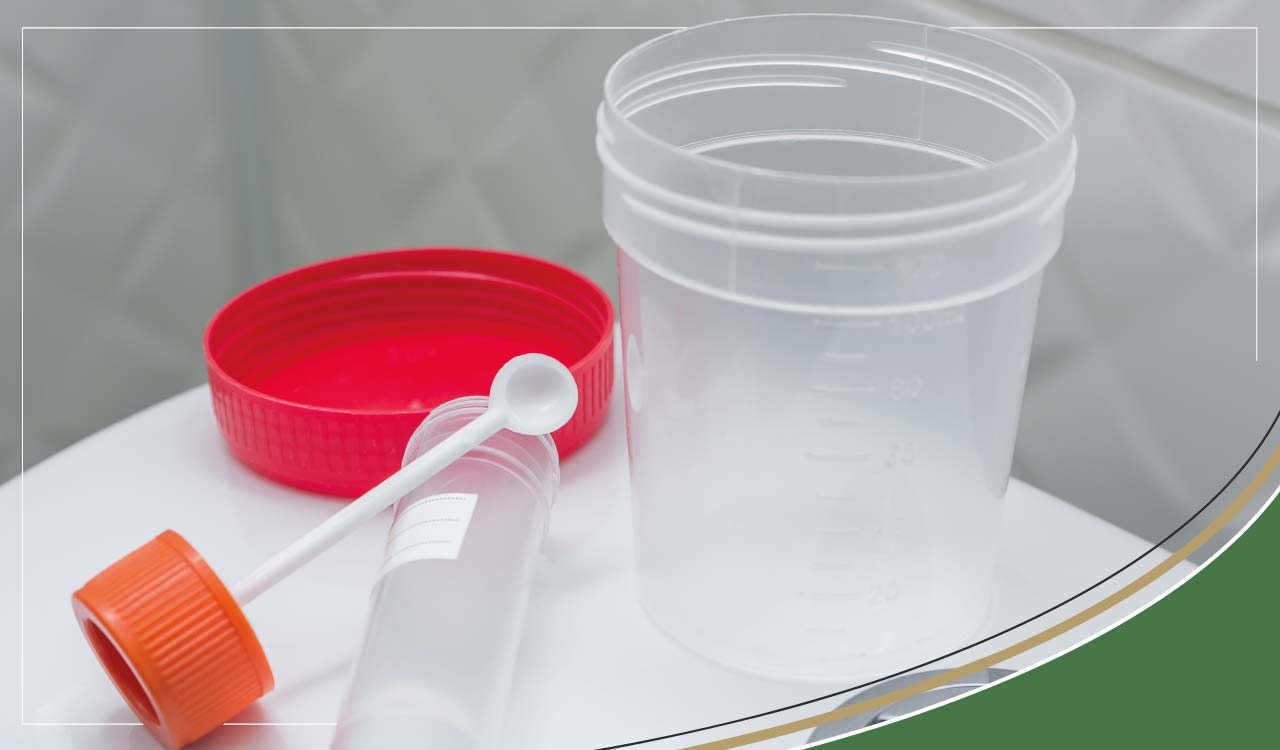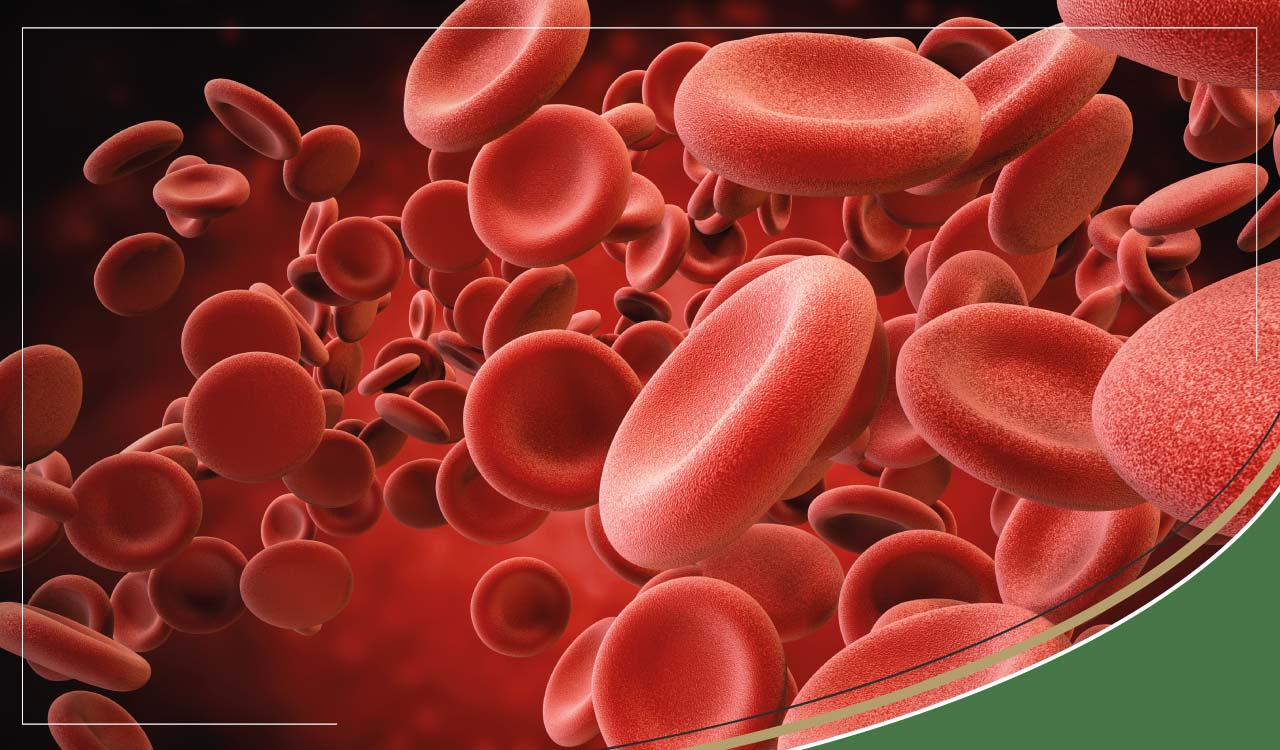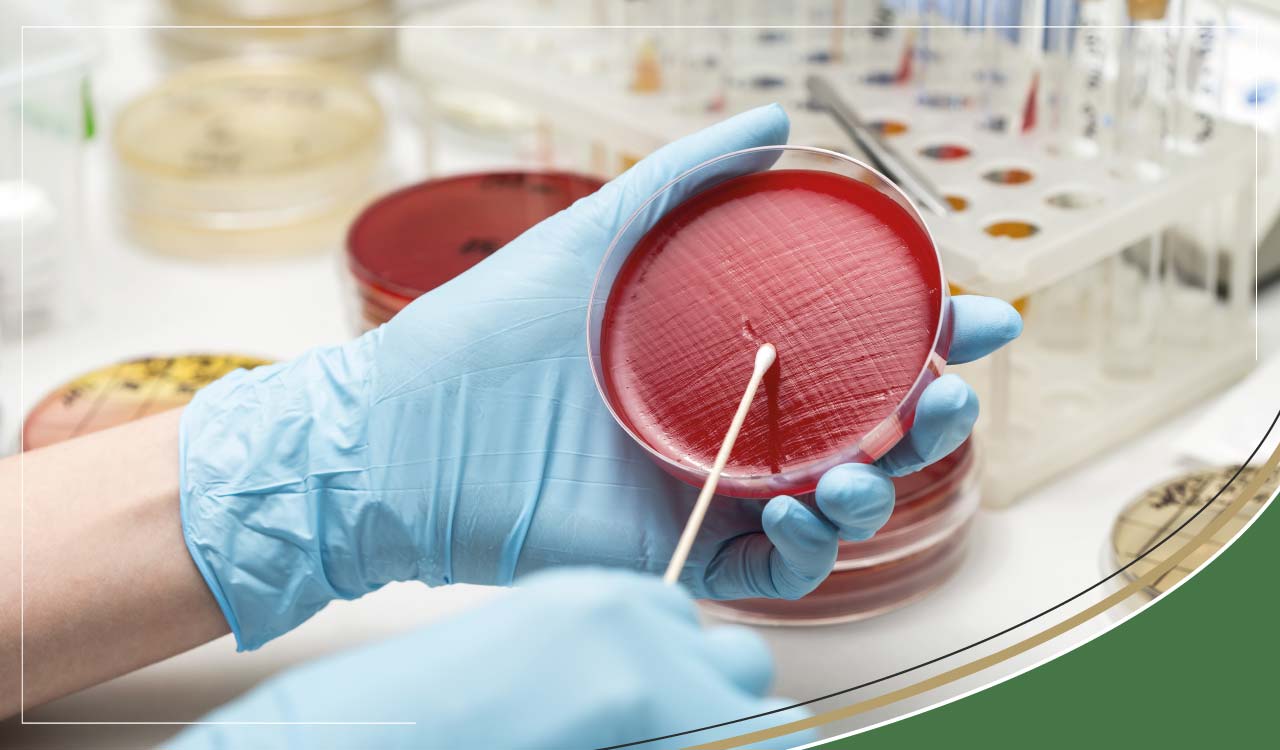Blood in Urine | What are the causes?

Blood in the urine (haematuria) can be an indicator of a number of health conditions. Sometimes blood is visible (macroscopic) and can be seen as a bright red colour in your urine, though it may also be brownish or reddish in colour. Other times, it is necessary to test the urine to identify it as it is not visible unless using a microscopic.
A simple dipstick test (such as Sweet Cures “ Urine Test Strips ) with 5 dedicated markers (protein, nitrites, pH, leukocytes and blood (haemolytic or not) is a useful home test.
Blood in the urine can be caused by something as simple as strenuous exercise, or it can be colouration from food and sometimes can indicate more serious illness.
Blood in Urine Causes
- Urinary Tract Infection (UTI) - an infection which can affect any part of the urinary tract. Most commonly the bladder is affected, as in the case with the common UTI, Cystitis, where the bladder becomes infected and inflamed. UTI’s can cause various symptoms, including pain when urinating, pain in the lower abdomen and increased urge/frequency of urination. Most UTIs can be resolved quickly since the infection is, in approximately 90% of cases, caused by E-Coli. D-Mannose is an all-natural monosaccharide that is taken with water. It not only gives rapid relief to symptoms due to its anti-inflammatory properties, but it prevents E-Coli adherence to the bladder wall.
- Glomerulonephritis/Nephritis - an inflammation of the kidney glomeruli (structures within the kidney, made up of clusters of blood vessels). This can be due to taking certain medications, or to the body’s immune system overreacting to an infection. It is a serious condition that can be life-threatening without prompt treatment, so it is vital to seek medical attention if you are experiencing the following symptoms: swelling of the face/ankles, blood in urine, less frequent urination, fluid in lungs causing coughing, high blood pressure, bubbly/foamy urine (due to protein in urine).
- Bladder or Kidney Stones - these are crystallised minerals that form from concentrated urine, usually as a result of not being able to empty the bladder completely. Small stones can often pass out of the system on their own, but larger stones can cause damage to the bladder wall or block the flow of urine. Symptoms are usually lower abdominal pain, painful urination, difficulty urinating, blood in the urine, cloudy/dark urine.
- Bladder/Kidney Tumours - these are abnormal growths in the bladder or kidney that can be either benign or malignant. These often do not cause any symptoms but may be detected on further investigations via imaging techniques following the discovery of blood in urine.
- Urethritis - an inflammation of the urethra (the tube that carries urine out of the body). The primary symptom of urethritis is painful or difficult urination. It is most commonly caused by the sexually transmitted infection chlamydia trachomatis.
- Benign Prostate Enlargement - this is a common condition occurring in older men. The prostate becomes enlarged, which causes it to press against the bladder. This pressure prevents the bladder from emptying fully which can lead to infections. The main symptoms of an enlarged prostate are difficulty urinating and a frequent urge to urinate.
- Cancer (bladder/kidney/prostate) - Blood in the urine can be a symptom of bladder or kidney cancer or prostate cancer in men. These cancers can usually be treated if detected earlier.
Blood in the urine is more often than not caused by an infection that is easily treated; however, it is sometimes a sign of a more serious condition. Therefore, if you see or find blood in your urine, you should visit your GP as a priority.
 Free Shipping on orders $100+ SGD
Free Shipping on orders $100+ SGD
 Worldwide Delivery Available
Worldwide Delivery Available
 Read Thousands of Independent Reviews
Read Thousands of Independent Reviews


















